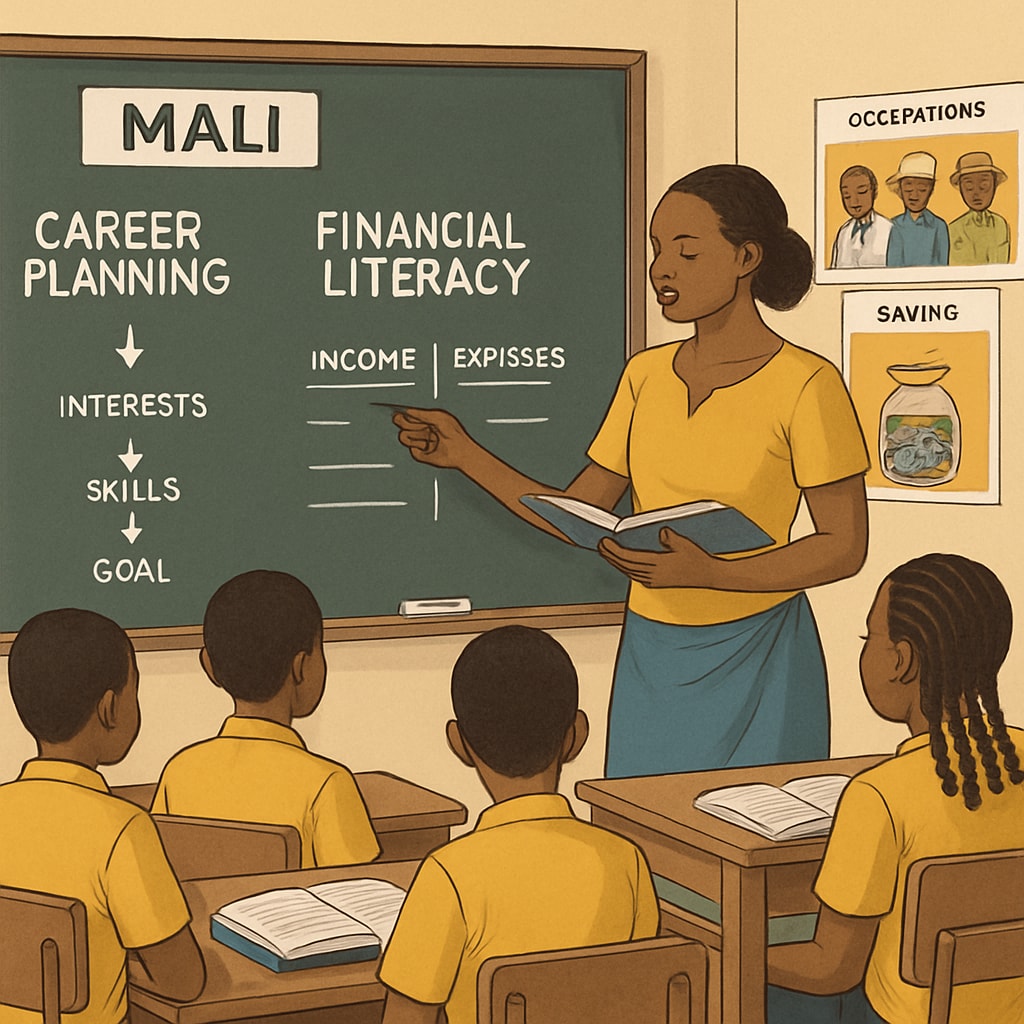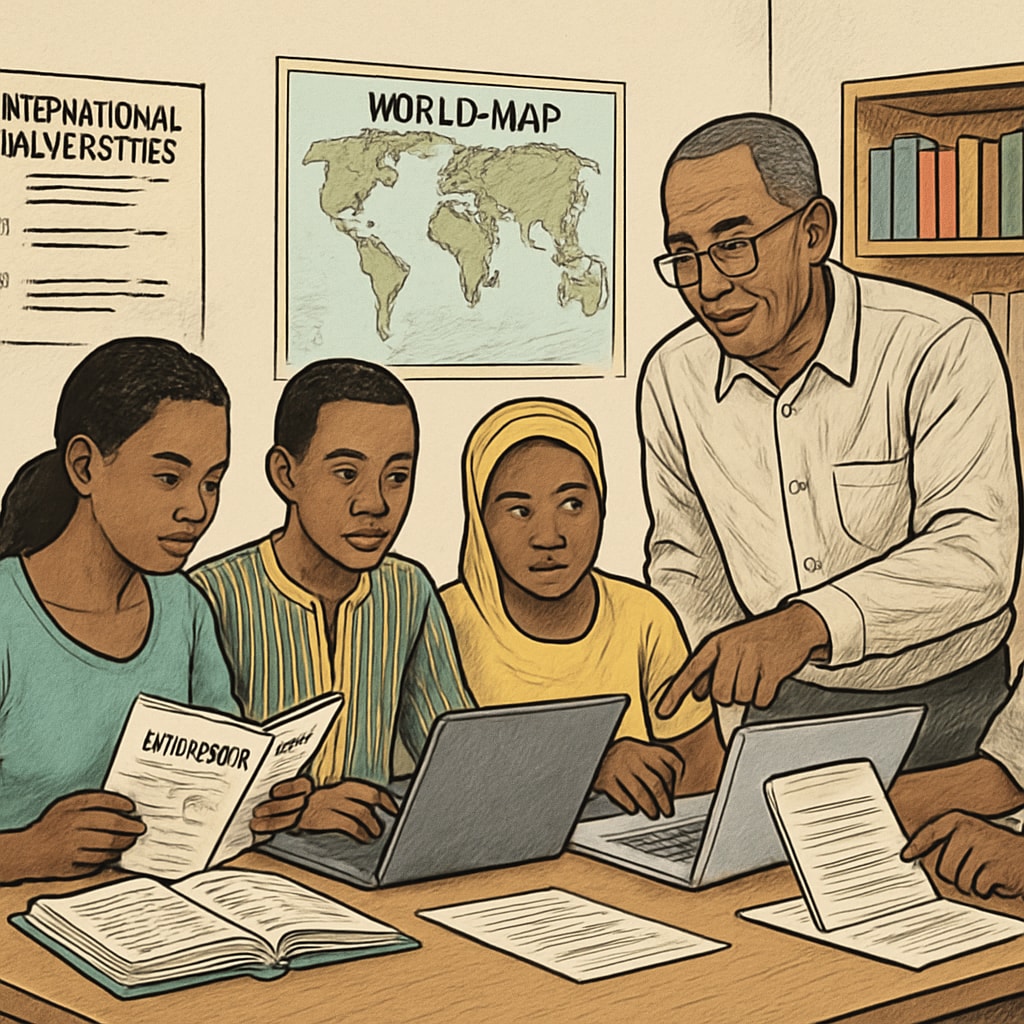In developing countries like Mali, students pursuing careers in the financial industry often encounter significant obstacles. These include limited access to quality education, insufficient resources, and a lack of early career guidance during their K12 education years. Addressing these challenges and integrating career planning into early education can empower students to make informed choices about their future, including study abroad opportunities.

Education Challenges in Developing Nations
One of the most pressing issues in developing nations like Mali is the disparity in education quality. While urban areas may have access to better schools, rural communities often face a shortage of qualified educators, modern facilities, and educational materials. As a result, many students lack exposure to critical subjects such as financial literacy and career planning during their formative years.
For example, according to a report from UNESCO, nearly 60% of students in sub-Saharan Africa fail to meet minimum proficiency in reading and math by the end of primary school. Without foundational skills, transitioning to specialized fields like finance becomes even more challenging.
The Importance of Early Career Planning
Introducing career planning in K12 education can significantly impact students’ future trajectories. Early exposure to financial concepts, job opportunities, and study abroad prospects equips students with the tools they need to succeed. Moreover, it helps them align their academic choices with long-term goals.
For instance, many students in Mali dream of studying abroad to access better educational opportunities. However, without proper guidance regarding scholarship programs, language requirements, or application processes, these dreams often remain unrealized. Incorporating such information into school curricula can bridge the gap between aspiration and achievement.

Solutions: Integrating Career Planning into K12 Education
To overcome these challenges, several strategies can be employed:
- Teacher Training: Invest in programs that train teachers to deliver career planning and financial literacy lessons effectively.
- Career Workshops: Organize workshops where students can interact with professionals from various fields, including finance.
- Digital Resources: Develop online platforms offering guidance on study abroad opportunities, scholarships, and global career trends.
- Community Involvement: Engage parents and local leaders in supporting initiatives that enhance career education in schools.
Countries like Mali can also collaborate with international organizations to implement these programs. For instance, organizations like Britannica provide valuable resources for educators and students, enabling them to explore diverse career paths.
Looking Ahead: The Role of Study Abroad
Study abroad programs represent a transformative opportunity for students in developing countries. Beyond academic growth, these experiences foster cultural exchange and global perspectives, essential for thriving in industries like finance. By integrating career planning into early education, students can better prepare for such opportunities, ensuring their applications to international universities are competitive.
Furthermore, financial institutions in Mali can partner with schools to provide internships or mentorship programs, offering hands-on experience that complements academic learning. These collaborations can create a pipeline of well-trained professionals ready to contribute to the local economy and beyond.
In conclusion, addressing the educational disparities in Mali and other developing nations requires innovative approaches to career planning. By starting early and providing students with the right tools, we can help them navigate the complexities of the financial industry and pursue study abroad opportunities that shape their futures.


